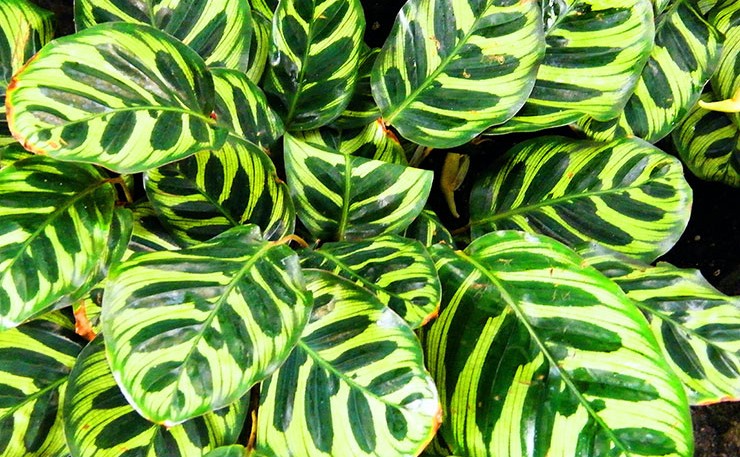The science shows that time spent in nature (and the garden!) is good for your mental health. Rhanee Rego explains.
There are myriad reasons why our lives are becoming more sedentary, but a strong contributing factor is the (often totalising) role of work in our daily lives. This is compounded by the increasing prevalence of physically inactive office-based roles.
But what impact does this have on our mental health?
The Australian Bureau of Statistics has found that 45 per cent of Australians aged from 16 to 85 years have suffered from mental health conditions at some point in their lives.
Despite the advent of advanced and effective pharmaceutical treatments to alleviate mental health conditions, there is increasing recognition of the parallel benefits offered by natural therapeutic remedies. Much can be said for the effectiveness of exercise, herbal supplements such as St John’s Wart, or simply obtaining more sunshine.
Often overlooked, however, is the benefit offered by gardening.
A study published in Neuroscience has addressed this question by looking at soil composition. It found that exposure to a soil-based bacterium, specifically, Mycobacterium vaccae, has been linked to an increase in happiness, emulating the effects of anti-depressant medication. These microscopic bacteria have been found to encourage the production of serotonin, a naturally occurring chemical in the body that generates happiness. Interestingly, this natural mood lifter is said to have none of the side effects that are often connected with pharmaceutical treatments.

If you need any further reason to get into the garden, studies in the United States have found that merely residing in proximity to green spaces can lead to a longer life and improved mental health. Out of a sample of 108,000 women, researchers found a correlation between risk of death and the amount of plants and vegetation near a participant’s home. Results indicated a 12 per cent lower death rate for those women who had more exposure to nature.
Not only has gardening and physical presence in nature been proven beneficial for mental health, but so has the visual impact of plant-based colours.
Psychological research indicates that the colour green, being the most prevalent colour in the natural world, can stimulate the pituitary gland leading to feelings of calm and relaxation. It is not surprising then that the colour green has been linked with feelings of ‘vitality, fresh growth and wealth’, all of which we could benefit from more of. Perhaps this could be why we are seeing a proliferation of green spaces, urban gardens and indoor plants in the modern world.
Anecdotal evidence also suggests that gardening can increase quality of life and improve mental health. Many devoted gardeners speak adoringly of their garden, hailing it as a sanctum of happiness and relaxation. It is undoubtedly of significance that science has confirmed what many green thumbs have believed for years.
So get your hands dirty! Gardening will not only counteract the modern tendency towards sedentarism, but will also offer mental health benefits. Getting stuck into the garden will not only create healthy plants, but also a healthy gardener.
This article is not intended to suggest that gardening should be a substitute for medical treatment. If you are experiencing mental health problems seek advice from your GP or health specialist. If you or anyone you know is experiencing mental health problems, there are supports available including Lifeline on 13 11 14.
Donate To New Matilda
New Matilda is a small, independent media outlet. We survive through reader contributions, and never losing a lawsuit. If you got something from this article, giving something back helps us to continue speaking truth to power. Every little bit counts.






